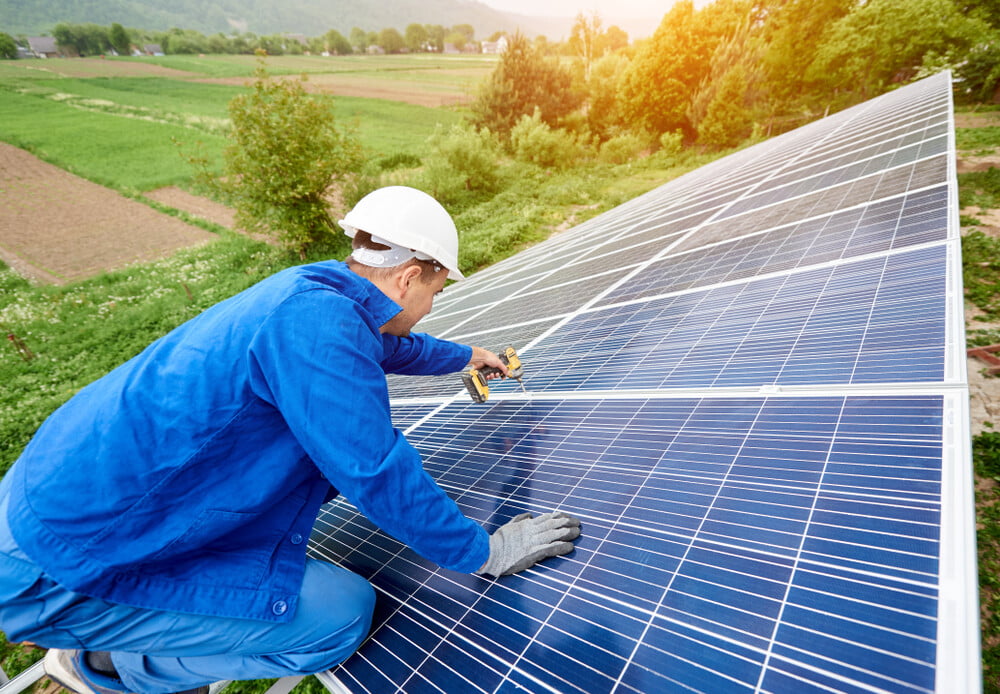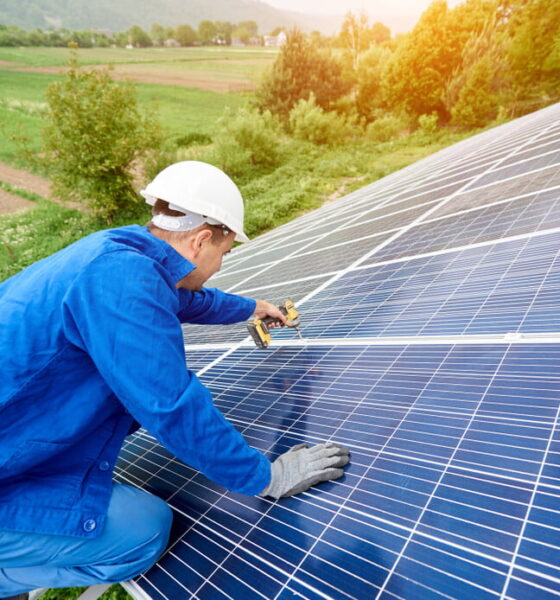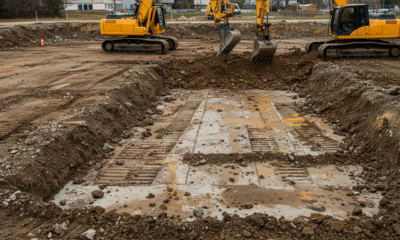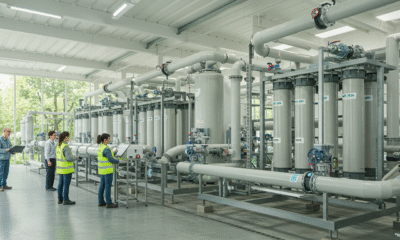

Environment
Sustainability in Construction: Methods to Mitigate Environmental Impacts
The construction industry is one of the most resource intensive sectors. Various aspects of the construction process adversely impact the environment. However, with the growing environmental concerns, it is important to embrace sustainable construction.
Sustainable construction involves using recyclable and renewable materials when building structures. It also means using less energy, reducing noise and energy consumption during construction. All these works together to reduce the environmental impact the construction has on the environment.
Sustainability in construction is more than just the construction period. The building must also operate with less environmental impact. Unlike the common buildings that depend on too much energy to maintain, sustainable buildings incorporate various elements to reduce energy consumption. These are all factors that you must keep in mind while creating an eco-friendly construction business.
Sustainable buildings come with proper insulation, durable building materials, and solar panel for energy. Some of the residential and commercial buildings also use energy from wind turbines.
Benefits of Sustainable Construction
Other than the impacts on the environment, sustainable construction comes with other benefits, such as;
- Promotes healthier living
Embracing sustainability has proven to impact the occupants of the buildings. Most of those in sustainable buildings are likely to have a psychological boost for a happier living. For example, most of the patients in green hospitals tend to have a positive outlook and cheerfulness. Workers in green offices also make better decisions and are more productive.
- Reduced construction costs
Financial constraint is one of the major challenges in the construction sector. Sustainable construction is thus a welcome idea as it reduces the overall building construction costs. It requires fewer resources like water and energy to complete a project.
Even better, the reduced costs do not devalue the property. Instead, sustainable buildings come with higher values for better ROI.
- Waste minimization
The construction industry is responsible for most of the wastes in the various continents. For example, 34.7 % of waste in Europe comes from industry. Sustainable reduces the materials used and waste hence lesser environmental impacts. The wastes from sustainable construction like sand and debris can also be used for aesthetic results.
Tips to mitigate the environmental impacts of construction
Here are some of the best ways to reduce the environmental impacts of construction projects.
1. Reduce noise
Various construction processes emit noise that comes with noise pollution. Whether it’s the landscaping, machinery in site preparation, or demolition, noise is part of every construction. Such noise can be detrimental to nearby homes and other businesses.
Make the process less disruptive by reducing the noise impact. Observe the local construction time guidelines to only work when others are away. You might also alert others of your construction plans, to prepare the eventualities.
2. Limit fuel usage
The major environmental impact from construction sites comes from the use of fossil fuels like diesel and gas to run the machinery. The construction projects remit various gas emissions like methane and carbon dioxide which pollute the environment.
There are various ways to reduce fossil fuel use in your site such as using fewer vehicles, minimizing haul distance, and using green fuel sources. You can also use hybrid vehicles and equipment.
3. Work with a sustainable construction specialty company
The sure way to achieve sustainable construction is when you work with a company that is already offering the services. As the need for sustainable building rises, there is a need for construction companies with the expertise and right equipment.
Successful sustainable construction firms like Alliance Geotechnical already understand what it takes to put up green buildings. Instead of having to eliminate some aspects, they operate at the optimum when handling green projects. Such firms are also important for your building maintenance.
4. Proper waste management
You need proper waste management to reduce the environmental impacts of the construction industry. You need to find the best way to manage the material waste and debris that is mostly disposed of through incineration or in landfills.
Find a way to salvage, reuse or recycle or cut down the various wastes that are harmful to the environment. Some leftovers like the hardware materials and bricks are usable in other future projects.
Bottom Line
The construction industry is the leading environmental threat due to the wastes, noise, and fuel use for the construction process. The only way to save the environment is by limiting the impacts of the harm.


 Environment12 months ago
Environment12 months agoAre Polymer Banknotes: an Eco-Friendly Trend or a Groundswell?

 Features11 months ago
Features11 months agoEco-Friendly Cryptocurrencies: Sustainable Investment Choices

 Features12 months ago
Features12 months agoEco-Friendly Crypto Traders Must Find the Right Exchange

 Energy11 months ago
Energy11 months agoThe Growing Role of Solar Panels in Ireland’s Energy Future



























